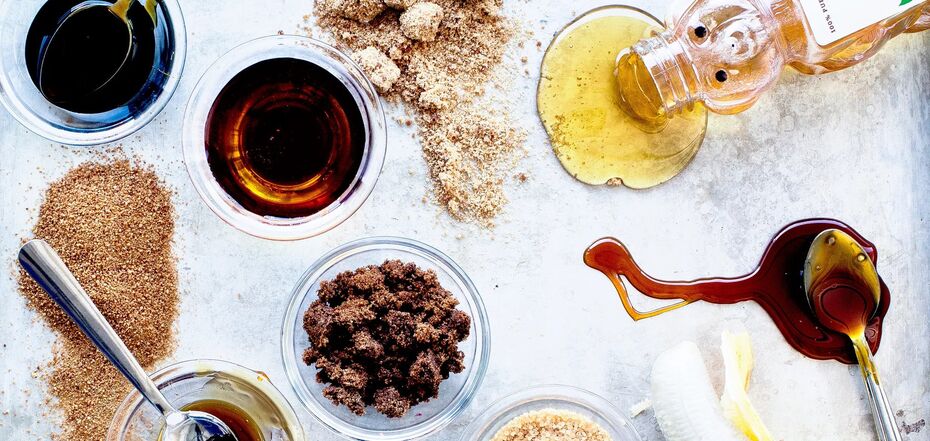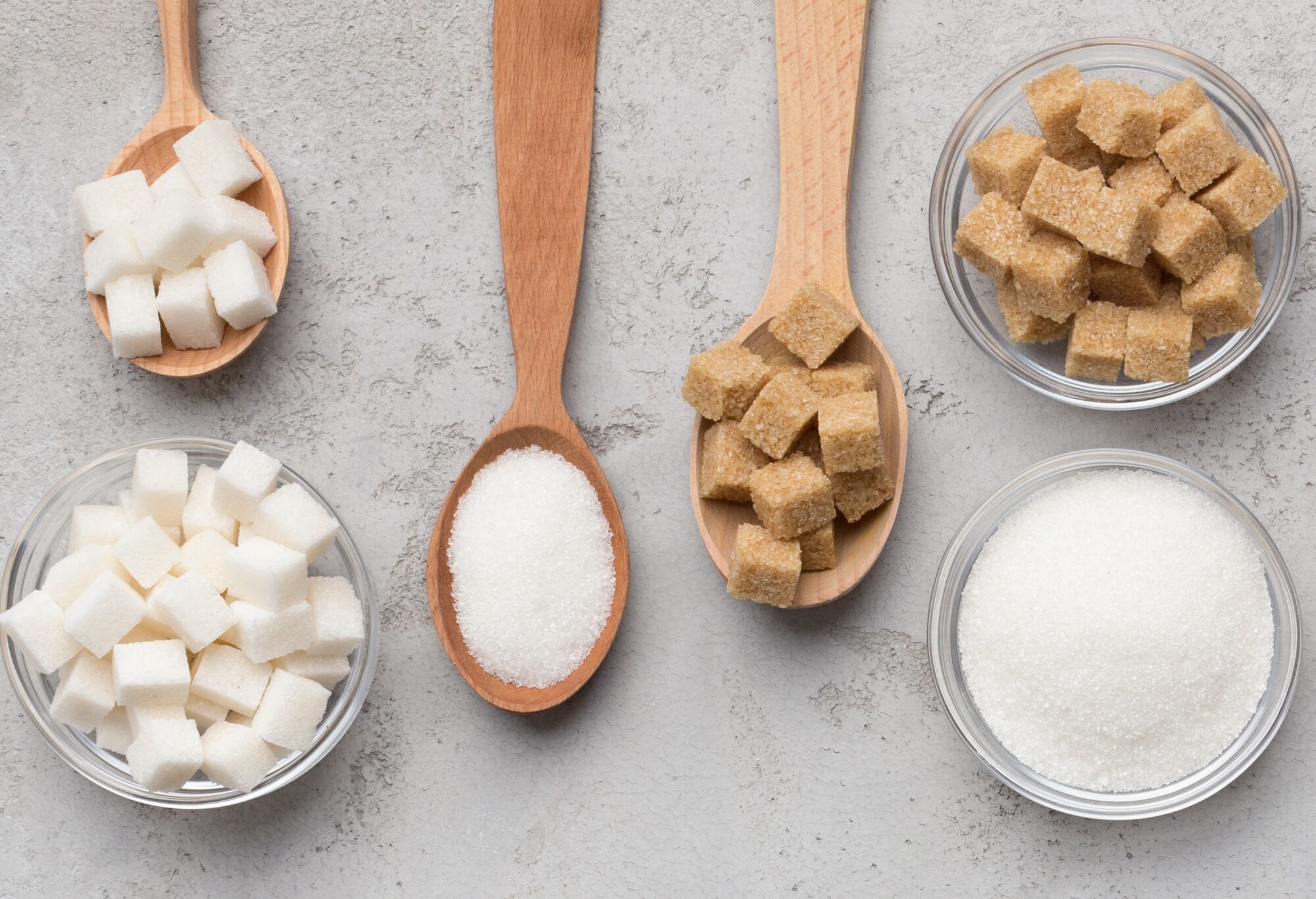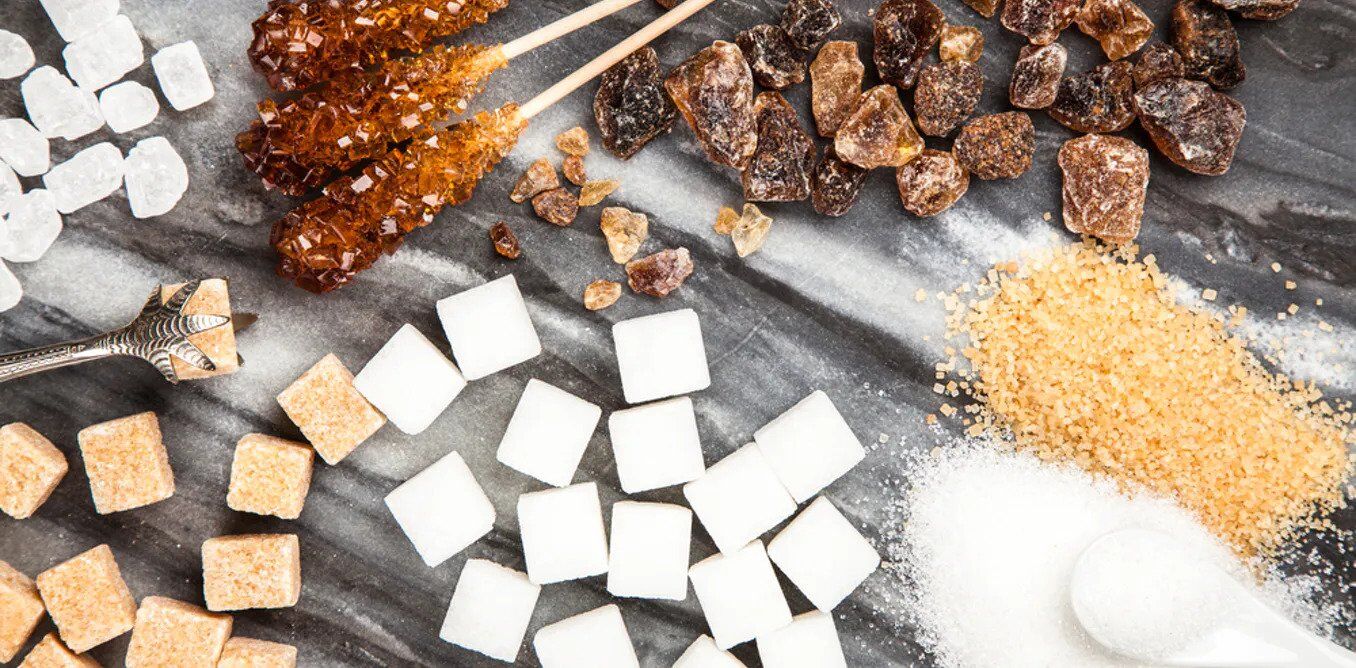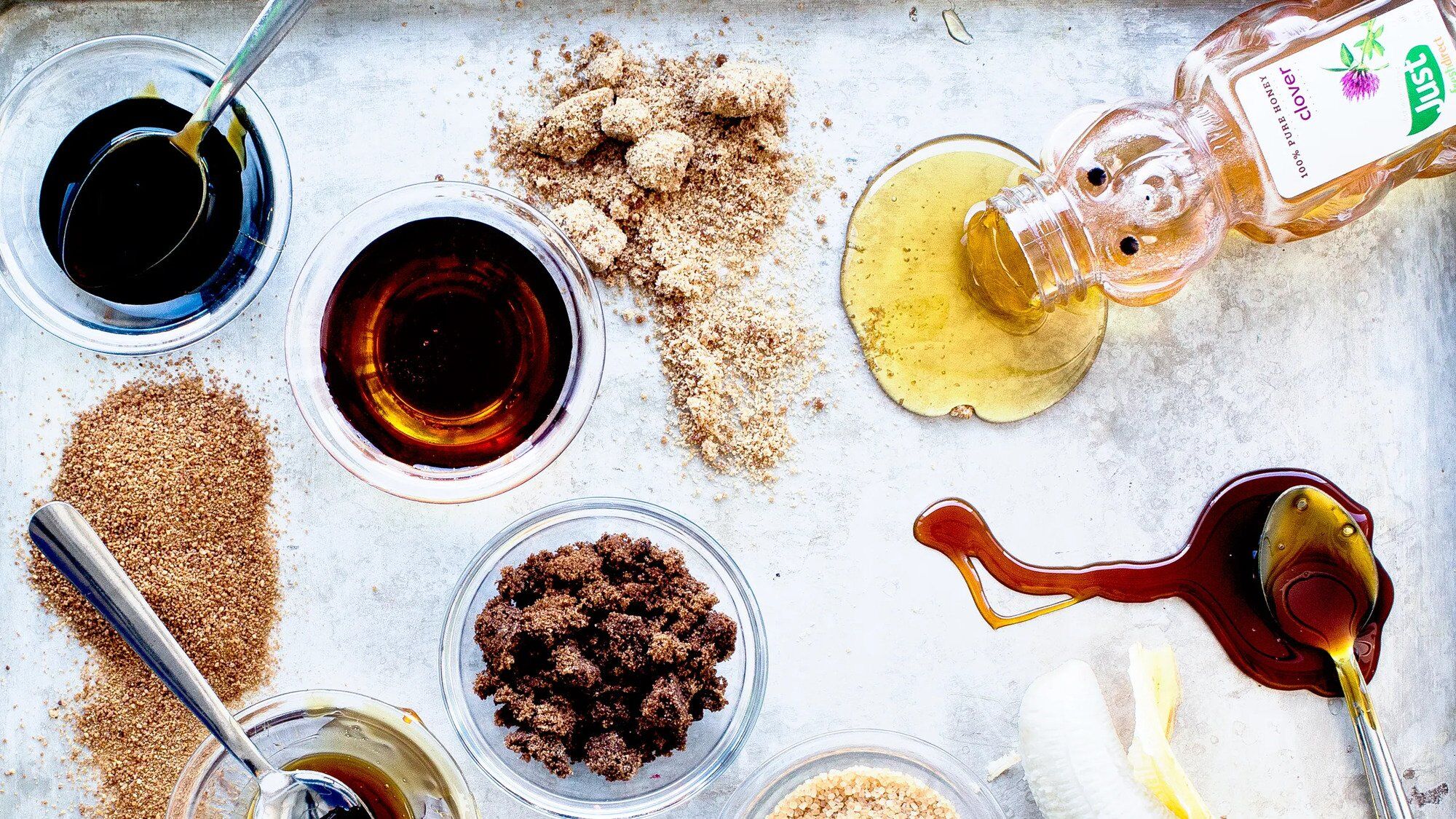LS Food
Sucrose, fructose and glucose: what are the differences and how it works
Everyone says that sugar is the white death. However, if you ask someone why this is, it is unlikely that anyone will give any clear answer other than that it is simply unhealthy.
Why is that? And is it really as bad for your health as everyone shouts at every corner? The FoodOboz editorial team decided to find out the answers to these questions.
Types of sugar
To begin with, there are different types of sugar: sucrose, glucose, and fructose. These are three different types of sugar. All of them, by the way, are natural and can be found in fruits, vegetables, dairy products, and grains. And they all contain the same amount of calories, by the way.
But at the same time, all three types are very different from each other: in terms of their chemical structure, how they are digested by the body, and how they affect our health.
All types of sugar are classified as monosaccharides and disaccharides. Disaccharides, in turn, consist of two linked monosaccharides that separate when they enter the body.
For example, glucose is a monosaccharide and one of the most abundant sources of energy in living organisms on the planet, and it is part of carbohydrates. Fructose, often called "fruit sugar," is also a monosaccharide. But sucrose, which we know as cane sugar, is a disaccharide consisting of one glucose molecule and one fructose molecule.
The nuance is that our body reacts differently to monosaccharides and disaccharides. Monosaccharides are the simplest form of sugar. Therefore, the body does not need to break them down before use: they are absorbed in the intestines and immediately enter our bloodstream.
Glucose
The way glucose works is very simple: after it enters the bloodstream, it immediately enters the body's cells, stimulating the release of insulin quite quickly. It is insulin that helps glucose enter the cells directly. Once in the body, glucose is either immediately used by the body to create energy or converted into glycogen, which is stored in the muscles and liver for later use.
When the blood sugar level drops, the body starts sending signals that it is time to "get the supplies". Thus, glycogen is converted back into glucose and creates new energy for the body.
Fructose
Fructose does not immediately affect insulin levels, as it raises blood sugar levels much more slowly. In order for fructose to bring energy to the body, it goes to the liver, which processes it into glucose.
And everything would be fine, but there is one caveat. The fact is that our liver can process only a certain amount of fructose. Therefore, when there is too much of it in the body, the level of triglycerides in the blood rises, which are an energy reserve that accumulates in the cells of adipose tissue. That's why high fructose intake can lead to obesity.
Sucrose
As for sucrose, as we've already mentioned, when it enters the body, it is first broken down into monosaccharides, i.e. glucose and fructose. However, there is a little confusion here. It turns out that glucose has already managed to provide energy to the cells, but fructose is no longer needed in such quantities. Therefore, almost all fructose goes into fat reserves. This puts a strain on the liver, which can lead to a number of metabolic problems.
Several studies have shown the harmful effects of high fructose intake: these include insulin resistance, type 2 diabetes, obesity, fatty liver disease, and metabolic syndrome.
Since fructose is metabolized in the liver in a similar way to alcohol, some evidence suggests that it can be similarly addictive. The results of one study show that this process activates the reward pathway in our brain, which means a direct dependence on sugar and the need to increase the dose.
How much sugar does the body need
Experts say that there is no need to give up sugar entirely and recommend consuming it in whole foods such as fruits, vegetables, and dairy.
At the same time, the World Health Organization recommends limiting the consumption of additional sugar to 5-10% of your daily calorie intake. That is, if you eat 2000 calories per day, you should consume no more than 25-50 grams of sugar per day.































